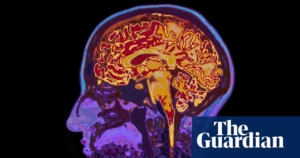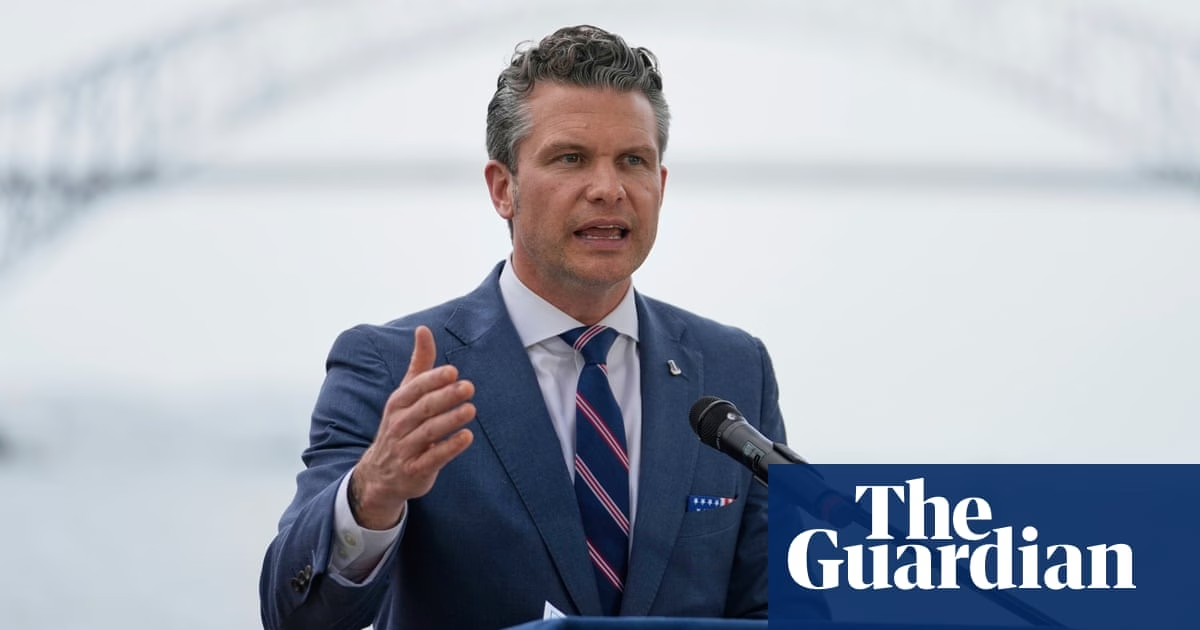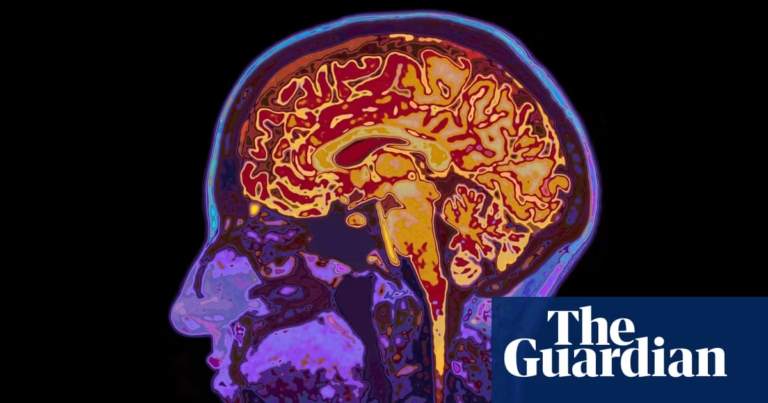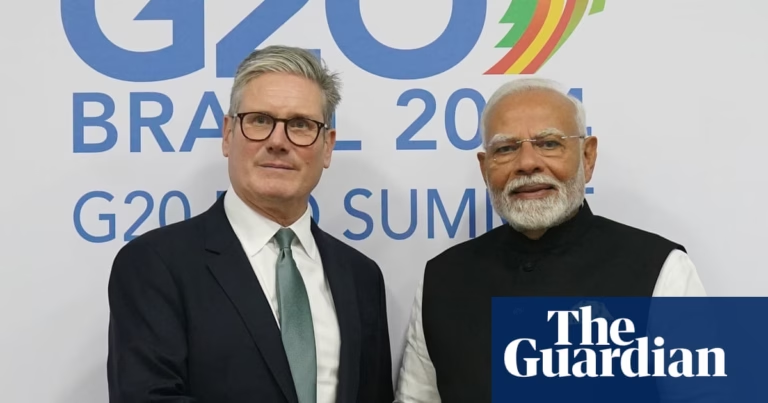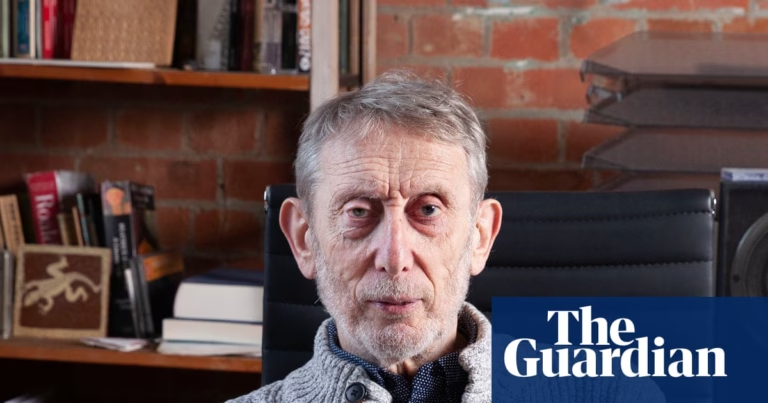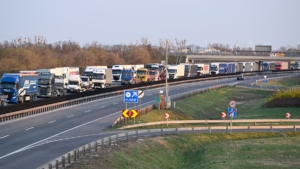U.S. Secretary of Defense Pete Hegseth stated on Tuesday that the Panama Canal is threatened by China but assured that the United States and Panama will work together to safeguard it.
Hegseth’s comments provoked a strong reaction from the Chinese government, which responded, “Who poses the real threat to the Canal? The people will judge.”
During a ceremony for a newly U.S.-funded dock at the Vasco Nuñez de Balboa Naval Base following a meeting with Panamanian President José Raul Mulino, Hegseth declared that the U.S. will not permit China or any other nation to jeopardize the canal’s operations.
“That is to say, the United States and Panama have done more to bolster our defense and security collaboration in the past few weeks than we have in decades,” he stated.
Hegseth pointed to ports at both ends of the canal controlled by a Hong Kong consortium that is in talks to sell a majority stake to another consortium, which includes BlackRock Inc. He noted that China-based firms continue to control critical infrastructure near the canal, enabling them to conduct surveillance across Panama and posing a risk to Panama and the U.S.
Hegseth met with Mulino for two hours Tuesday before heading to the former US Rodman naval station. On his way, he posted a picture on Twitter of himself and Mulino laughing, expressing his admiration for Mulino’s dedication to their progress and stating that enhanced security cooperation would benefit both countries.
This visit comes amidst ongoing tensions regarding Donald Trump’s claims that the U.S. is overcharged for using the Panama Canal and that China has influence over its operations, accusations that Panama denies.
The Chinese embassy in Panama soon after criticized the U.S. government in an official statement, accusing it of using “blackmail” to serve its interests and affirming that any business relationship Panama has with China is sovereign and outside the U.S.’s interference.
The embassy also commented that the U.S. is running a “sensationalist” campaign to undermine Chinese-Panamanian cooperation, which they say is driven solely by U.S. geopolitical interests.
After a phone conversation between Hegseth and Mulino in February, the U.S. State Department announced an agreement not to charge US warships to pass through the canal, but Mulino denied any such agreement publicly.
Trump has also suggested that the U.S. might have been mistaken in transferring the canal to Panama and may need to retake control.
The concerns were initially triggered by a 25-year lease held by a Hong Kong consortium on the ports at both ends of the canal, which has been audited by the Panamanian government with findings of irregularities.
The Hong Kong consortium has announced it will sell its controlling stakes to a group including BlackRock Inc., effectively placing the ports under U.S. control once the sale is finalized.
Florida Senator Marco Rubio informed Mulino in February that Trump believes China’s presence near the canal might breach the treaty terms under which the U.S. handed over the waterway to Panama in 1999, which guarantees the canal’s permanent neutrality.
Mulino, however, has denied any Chinese influence on canal operations and expressed his annoyance at the persistent narrative regarding this matter.
The U.S. constructed the canal in the early 1900s to speed up the transit of commercial and military vessels. The U.S. ceded control of the canal to Panama on December 31, 1999, under a treaty signed in 1977 by President Jimmy Carter.
Hegseth firmly stated that China did not build the canal and will not operate or weaponize it. He emphasized, along with Panama, they will keep the canal secure and accessible to all nations leveraging the “deterrent power of the strongest, most effective, and most lethal fighting force in the world.”
Source: https://www.theguardian.com/us-news/2025/apr/08/pete-hegseth-china-panama-canal

